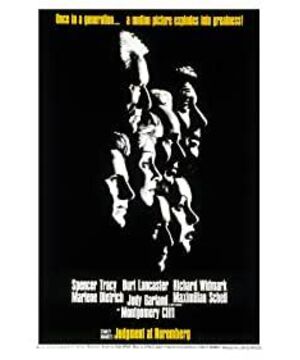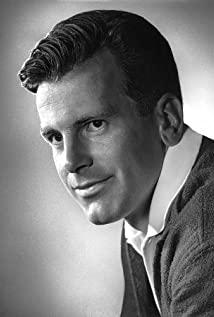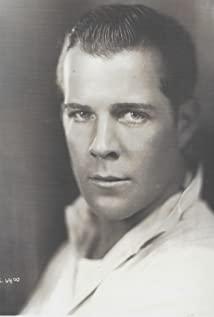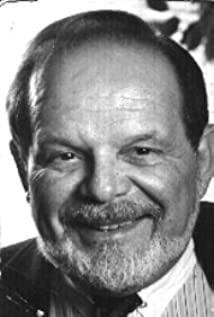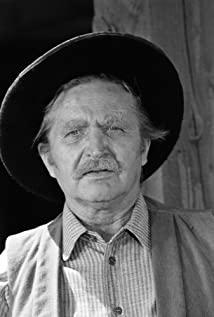Before I read it, I was thinking about a question. The law of a country stipulates that people of a certain race can be massacred for a certain balance of interests. The police, judges, etc. are all implementing this law. One day other countries said this was torture and then destroyed the country. The question is, do you think the police and judges who enforced this law should be tried? History and natural law schools tell me that it should. The film tells that when German judges implement the evil laws of the Nazis, they are faced with the dilemma of truth, conscience and political standing. Should they obey and enforce the law, or should they judge and apply the law? This group of German judges carried out wicked laws and sentenced tens of thousands of innocent Jews to death and sent them to concentration camps against the high standard of practice in the national interest. And Judge Heywood finally convicted all of them (life imprisonment) in his trial against these German judges.
The natural law school mentioned that the laws that can truly reflect justice are outside the agreements made by humans and the laws made by the state. Bad laws are illegal. As a judge, when enforcing a bad law, sending thousands of innocent people to concentration camps, even a reasonable person knows that this is torture, but these represent the country's highest intelligence and totalitarian power. Those who continue to enforce, rather than resist, the evil law for the so-called professional and political side should be held accountable for their actions.
I think when the Japanese were tried, the Chinese people thought that any Japanese who had participated in the war (those who handed over guns) should be judged. European Jews are not like this in their hearts, and a few judges are asking for it.
View more about Judgment at Nuremberg reviews


